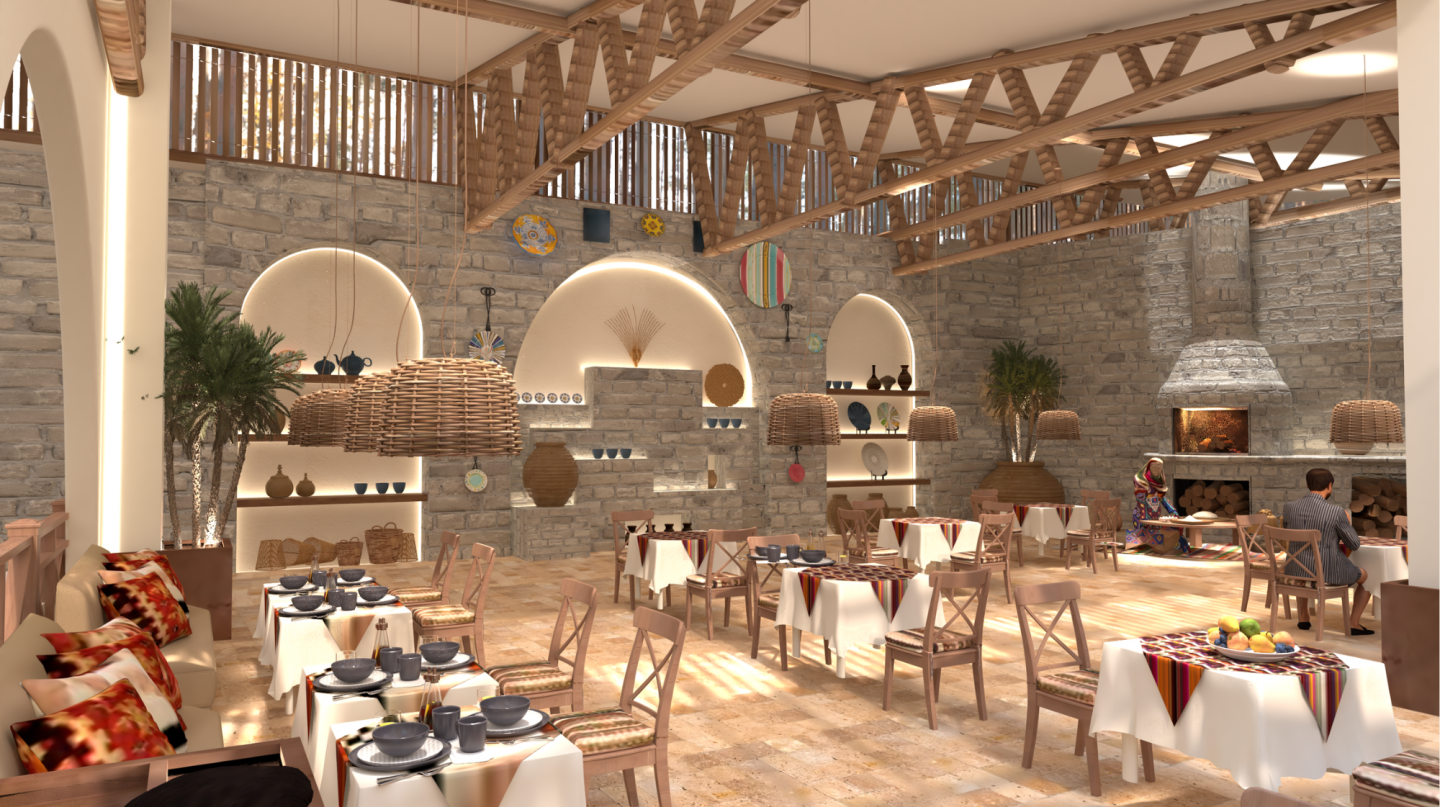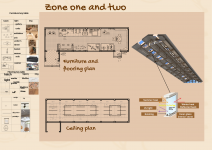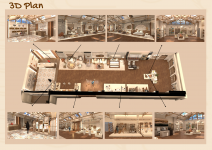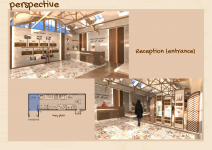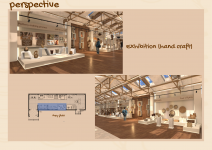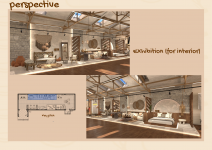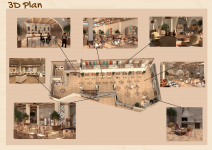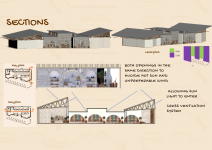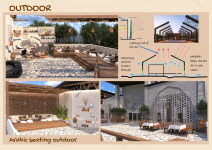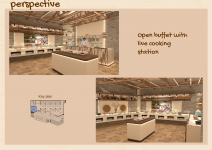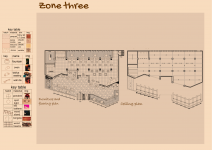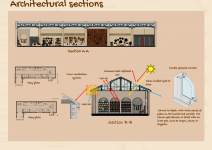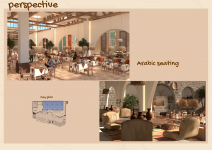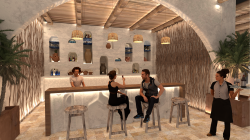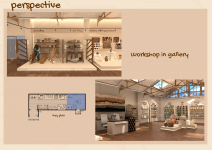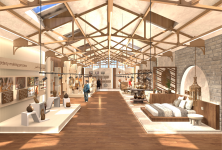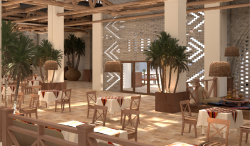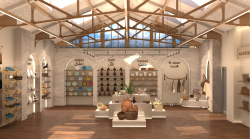Each year, millions of dengue cases are reported globally. A life-threatening disease, resulting in organ damage, internal bleeding, and Shock can result from a severe decrease in blood pressure. Though Severe dengue fever can be fatal in some circumstances; diagnosing the illness can be challenging, because its symptoms and indicators are frequently mistaken with other illnesses. Therefor the best way to stay safe is to prevent the disease in the first place. Moreover, there is no specific treatment for dengue currently. Dengue is spread from mosquitoes to people. In warm climates, mosquitoes may reproduce throughout the year. The earth temperature raises as a result of the increasing amounts of methane, carbon dioxide, and other gases acting as a blanket to trap heat. The air and ocean temperatures on Earth warm as a result. That encourage a rise in mosquito hatching and reproduction rates. Mainly are located in agricultural waste. This terrifying disease started spreading in Qena (tropical region in Egypt) summer 2023 as stated in Al Ahram daily newspaper. Because of the agricultural waste in Qena, it made a perfect habitat for mosquitoes. therefore, the best way to help stop the spread of the dengue fever is by reducing the number of mosquitoes through minimizing their habitats. It could best be done by educating people about the fever and the harm of agriculture waste that could be minimized through recycling it. by creating an agriculture center for recycling agriculture waste. Projects SDGs 3.9. By 2030, substantially reduce the number of deaths and illnesses from hazardous chemicals and air, water and soil. As climate plays an important role in the habitats of mosquitoes as well should be taken in consideration. Climate change can be controlled using ecological interior design in agriculture centers. As people spend most of the day in doors it is important to make sure that the environment is clean and safe from any viruses using ecological interior design to help prevent and control the spread of dengue fever which reflects on the climate change positively by reducing carbon emissions. All things considered, agriculture benefits both visitors and rural communities by promoting economic development and protecting natural resources and cultural legacy.
Zone 1 and 2: reception, exhibition, and gallery
Reception: giving awareness about dengue fever through its timeline
Exhibition: giving ways to use recycled agriculture waste not just in decorative pieces but also in daily used objects
Gallery: can customized pieces through our small workshop in it or just buying souvenirs. which makes the agriculture center standing by its own using this money instead of being 100 percent dependent on the government money
Zone 3: restaurant
not just a restaurant its designed to show the beauty of Qena using their traditional ways of building and natural material which makes the building sustainable.
Tablya seating area and Arabic seating to give the full experience of Qena traditional way of eating.
Open buffet to give the variety of traditional food.
Qena's rich history is celebrated in our restaurant through the use of traditional craftsmanship and materials in interior design. Hand-carved wooden furniture, intricately woven textiles, and handmade pottery are just a few examples of the artisanal techniques that have been passed down through generations and continue to be valued in Qena culture today.
2024
1-Cross ventilation system:
efficient techniques for allowing natural ventilation. Compared to other natural ventilation techniques like single-side ventilation or the stack effect approach, it flows more air across a place.
2-Heat reduction system:
Double glassed window
Greenwall
Pergola
3- Passive system:
Natural ventilation
Natural light
4-smart shading:
For best performance, smart shading systems combine automation, sensors, and connectivity. The shade system may be adjusted in response to variations in temperature, light levels, and other external parameters thanks to sensors.
Designer: Rowayda Sherif
Supervisors: Prof. Ola Hashem, Assoc. Prof. Karam Abdallah, Prof.Huda Madkor, Dr. Tarek Fouad
